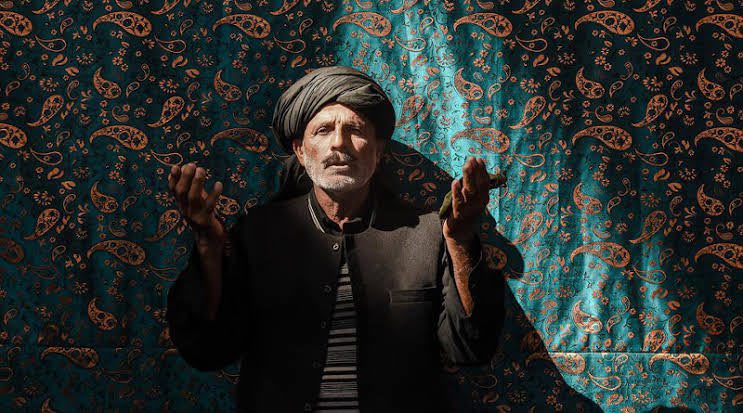Political economy is the operating system of existing global order. Each country’s health is influenced by its economy, which also gives it political clout at international level. Pakistan is a country with massive potential but due to political wrangling and corrupt practices of the political elites it is going through an unprecedented economic downfall. Pakistan is the same country who gave $25 million loan to Germany in 1963, so, what went wrong down the road? Succeeding governments, under different political leaderships – borrowed substantial loans from foreign financial institutions, but they didn’t utilize them into sustainable development initiatives. No matter which political party stayed in power, Pakistan’s management of resources remained under influence of corrupt mafias. Corruption, mismanagement, and useless allocation of budget has created a havoc in the country.
If we calculate the amount of external debts heaped on Pakistan’s economy by successive governments, the stats show; In PMLN’s tenure from 2013 to 2018 the external debt was Rs 35.9 Trillion (195% increase), in PPP’s tenure from 2008 to 2013 the external debt was calculated to be Rs 3 trillion (194% increase) and last but not the least in PTI’s tenure the external debt was Rs 23.6 trillion (203% increase). If we talk about the dollar exchange rates in Pakistan; in People’s Party’s tenure the dollar exchange rate was Rs 70 to Rs 101 (144% increase) against $1 USD while in Pakistan Muslim League (N) tenure it was Rs 101 to Rs 121 (119% increase) against $1 USD and in PTI’s tenure it was Rs 121 to Rs 182 (150% increase) against $1 USD, and in PDM’s short tenure it rose to Rs 182 to Rs 250 (137% increase).
During the Imran Khan regime despite of the ambitious slogans of reforms and accountability the government couldn’t bring any significant improvement in governance and economy. Senator Saleem Mandviwalla the author of white paper on Pakistan’s economic state wrote, “50 percent devaluation of Pak Rupee in the three-year rule of PTI government has triggered a massive wave of inflation. Maximum GDP growth during the IK’s tenure was 5.3% and the fiscal deficit rose to around 8.5% of GDP. The inflation rose to record high of 13% with zero expansion in revenue generation. At the end of PTI government Pakistan foreign reserves fell to the level of 10 billion USD.”
According to the State Bank of Pakistan, “On the premise of good governance and economic revival, the PMLN government couldn’t deliver as well. The socio-economic façade crumbled when the tenure of PMLN ended. Maximum GDP growth was 5.28% and the fiscal deficit ballooned to 5.5%. The trade deficit was 9.8% and the inflation was 5.1%. The unemployment rate during the PMLN tenure was recorded at 5.8%. The growth in exports was 0% in 5 years and they added a whopping $ 11.8bn of new foreign debt in their last year in government.”
Going back further analyzing the PPP tenure in 2013, no meaningful effect of devolution of power was achieved and the economic situation worsened. An article published in Tribune written by Zubair Mohammad quotes, “Average GDP growth during 2008-12 has been 2.9 per cent. Never in our history has the growth for any four-year period been so low. Inflation remained in double digits during the entire period of this government Trade deficit was recorded at 6.6% and inflation rose to 7.34%.”
Irony is that the country is going through an economic turmoil. Political parties instead of keeping personal rifts and egoism aside and sitting together to put economy on track, they start blame game for the sake of maintaining their relevance and political mileage and try to build a confirmation biased against different institutions specially the Armed Forces. In order to hide their own corrupt practices, they find it easy to scapegoat institutions. Armed Forces have a history of serving the nation and being at the forefront in case of any crisis confronted by the country. At the time when Pakistan is facing serious internal and external security challenges it’s foolish to drag security agencies and Armed Forces in politics.
Instead of engaging in political debates and blaming each other, all political stakeholders and supporting institutions in Pakistan need to take responsibility for the economic crisis and work together to find solutions. It is time for political parties to shift their focus from “political engineering” to “economic engineering,” which involves collective efforts to address the systemic economic problems facing the country. This approach is the only way for Pakistan to overcome its economic challenges and achieve long-term stability.







